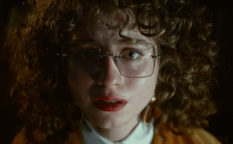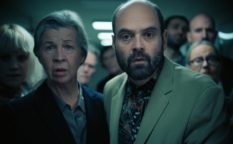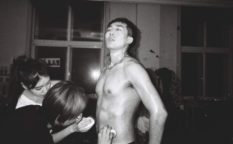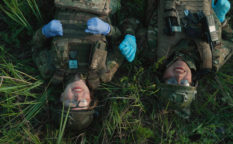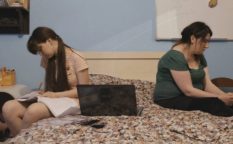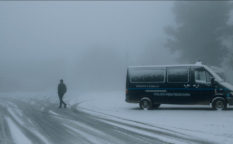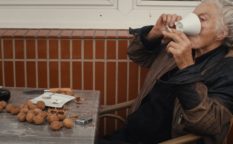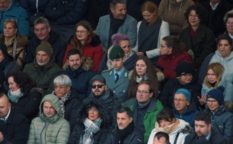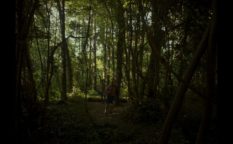Review: The Visit (2020)
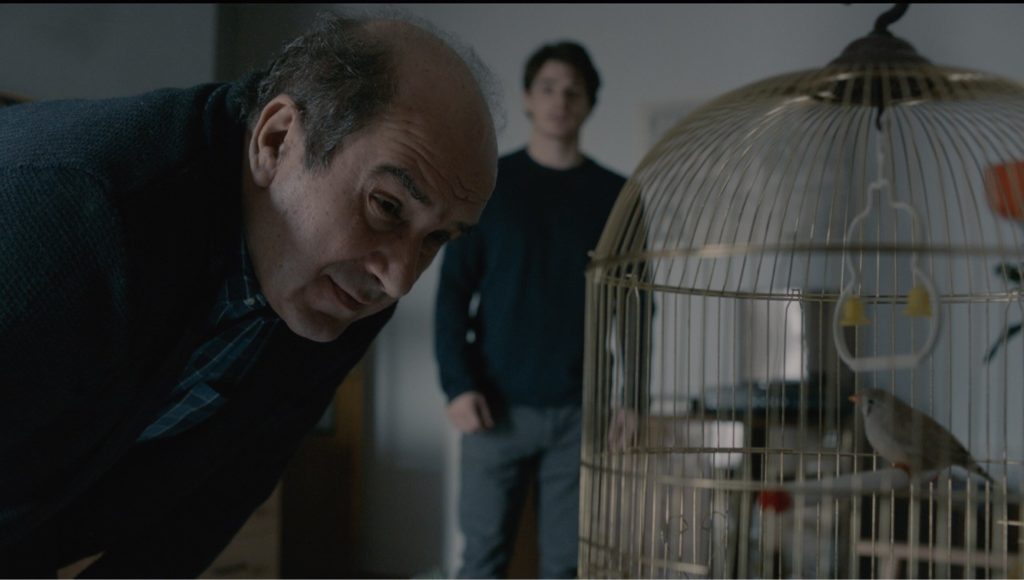
Even without the pandemic conditions, the market is pretty tough on the short film format. Basically, the only way for them to make a splash is the festival circuit, which is now pretty much stopped or changed: the programmes are being streamlined or transferred to digital platforms where they can easily get lost. One of them is The Visit, the debut work by the talented, up and coming Montenegrin director Đorđe Vojvodić. The film premiered at Motovun Film Festival roadshow happening instead of the festival itself in its regular format and is about to be screened in the shorts competition at DokuFest in Prizren, Kosovo, which happens online this year.
Stefan’s (Vule Marković) life is about to be turned upside down when his parents come to visit him in Berlin, where he takes his time studying and can live his gay lifestyle openly. This time, however, the mother (Dubravka Drakić) and the father (Marko Baćović) are bringing more than the home-made food cooked by his grandma: they are bringing the news. They cannot support his bachelor lifestyle and his habit of using his father’s credit card any more, so they decided to set him up with the new roommate: the daughter of their ex-neighbours who also studies in Berlin and is in search for the new flat. The surprise is even bigger since she is practically at the door, together with her family, her furniture and the boxes of her stuff. Stefan can just quietly watch and try to repress his anger about the things happening around him on which he has little influence.
Shifting the tones between the comedic and the dramatic smoothly, The Visit works perfectly as a one-act play that examines the mentality and the complex social relationships “back home” from which a young, modern person is not safe however far away he or she goes. Montenegro is often portrayed as a patriarchal, macho society where being gay is regarded as an embarrassment for himself and his family (of course there is a line of dialogue saying that “the whole town talks” woven into the fabric), but Vojvodić and his co-writer Maja Todorović are taking a step further to expose the gerantocracy and the oppression that the elders impose on the younger generations as the core of the problem.
The blend between the sitcom mechanics and the serious content lays the foundations for the actors to shine. Vule Marković seizes the opportunity to do some subtle and sublime work in the role of Stefan who has to measure and calibrate every reaction to the situation, while surviving an inner turmoil, while the rest of the actors were not that lucky. Most of them turn out a bit wooden, sporting the theatrics they were trained to do and they practised in local and regional television shows. That can be also read as comment, this time of hope, that the natural freedom of the young ones can prevail the structure imposed by the previous generations.
Original title: Posjeta
Year: 2020
Runtime: 20’
Country: Montenegro
Languages: Montenegrin, German
Directed by: Đorđe Vojvodić
Written by: Đorđe Vojvodić, Maja Todorović
Cast: Vule Marković, Marko Baćović, Dubravka Drakić, Maša Labudović, Slaviša Čurović, Maja Šarenac
Cinematography by: Lazar Radić
Editing by: Vladimir Radovanović
Produced by: Ivan Đurović, Snežana Nikčević, Đorđe Vojvodić
Production companies: Bitter Frames Produced, Artikulacija








